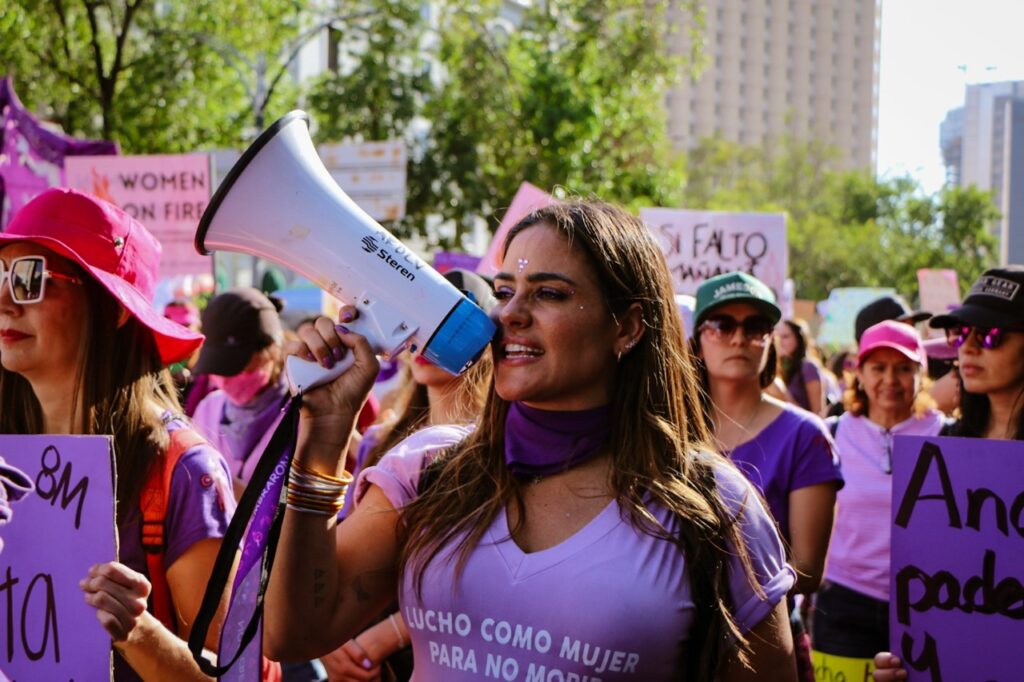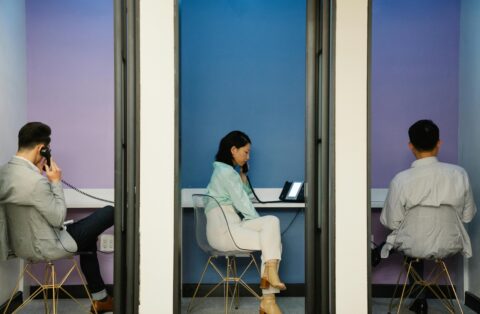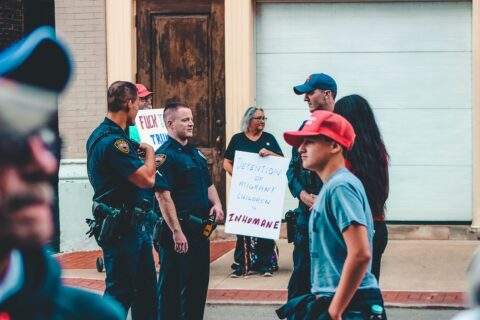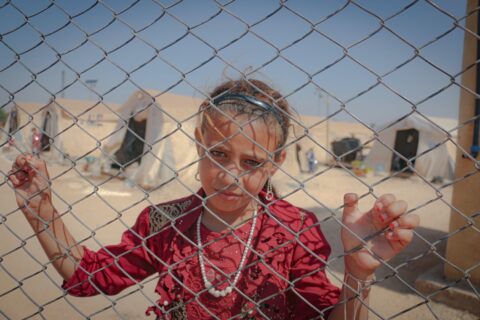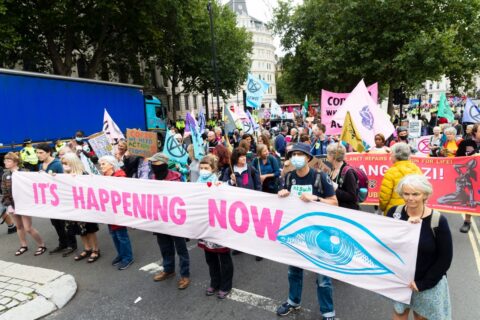In recent years, freedom of speech in the United States has been a topic of intense debate and scrutiny. This article explores the current state of this fundamental liberty, examining key controversies and legal challenges that reflect the complex interplay between free speech rights and societal concerns.
1. Social Media and Public Officials
A notable area of contention involves the use of social media by public officials. The U.S. Supreme Court is currently weighing whether public officials can block critics on social media platforms. This issue gained prominence with two cases, one involving school board trustees in California who blocked parents from their personal social media accounts, and another involving a Michigan man blocked by a city official on Facebook. The debate centers around whether such actions violate free speech rights, especially when officials use their personal accounts for public communication.
2. The Dichotomy of Free Speech
The American public generally supports free speech, but this support wanes when considering specific forms of controversial speech, such as hate speech. Current movements like Black Lives Matter and Me Too have intensified discussions about the balance between free speech and protecting individuals from harm. The U.S. Supreme Court has maintained that offensive speech cannot be prohibited simply for being offensive, except in certain contexts like creating a hostile work environment or disrupting school classrooms.
3. Campus Speech Controversies
Free speech debates on college campuses have also gained prominence. These debates often revolve around whether universities should prohibit speeches that some student groups find offensive due to perceived racial or gender hostility. While there is more free exchange of ideas on campuses than might be perceived from the controversies, these disputes highlight a broader debate about the boundaries of free speech and its intersection with social justice concerns.
4. Media and Free Speech
The role and credibility of the news media are under scrutiny, especially following former President Donald Trump’s frequent criticisms of the “fake news media.” This issue raises concerns about the impact of such attacks on the media’s credibility and the potential ramifications for freedom of the press globally.
5. State Intervention in Free Speech
Another critical concern is the role of statehouses in regulating speech, particularly on college campuses. Some argue that state censorship, often in the form of bans on critical race theory, represents a more significant threat to free speech than campus activism. These legislative actions have sparked debate about the extent to which governments should interfere with academic discourse and the expression of controversial ideas.
In conclusion, these debates underscore the ongoing challenge of balancing the fundamental right to free speech with the need to address societal concerns and protect individuals from harm. As society evolves, so too do the contours of this fundamental liberty, reflecting the ever-changing landscape of political, social, and technological developments.


